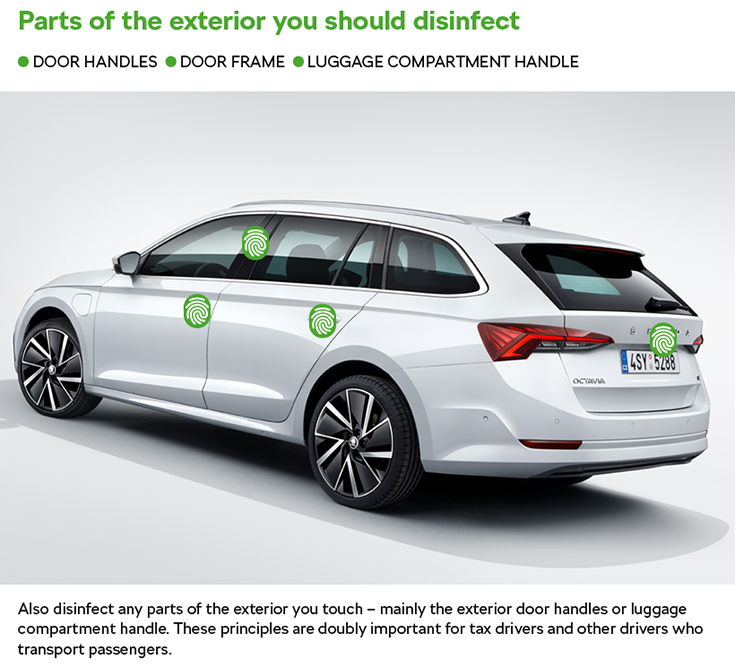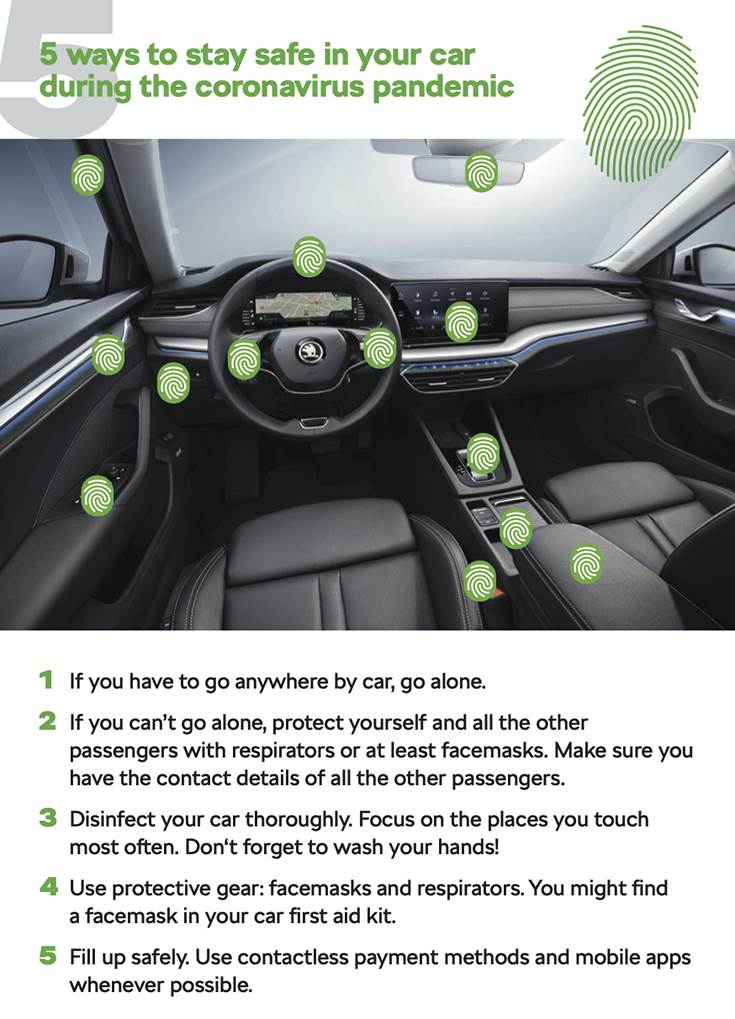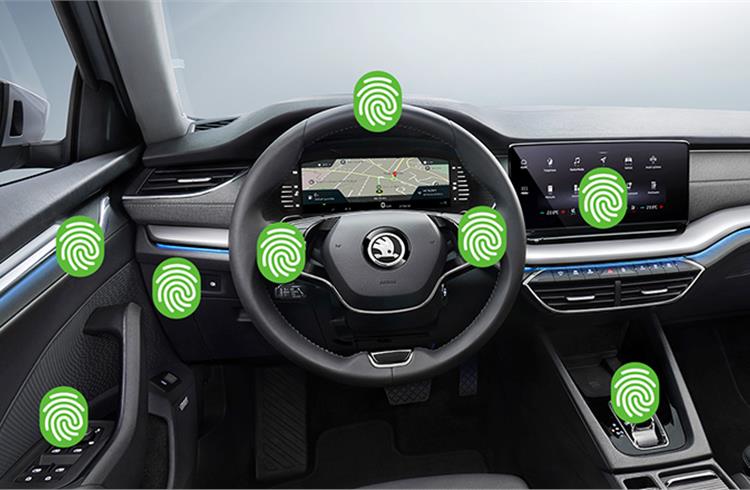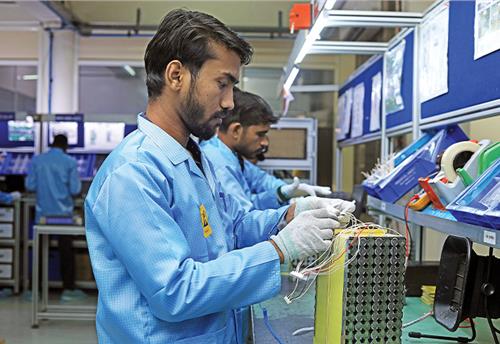How to stay safe in your car in a time of coronavirus
The whole world is affected by the new coronavirus global pandemic. The simplest advice for how to stay safe is to stay home. But what if you have to go somewhere by car? Skoda has some advice.
The entire world is now engulfed by the coronavirus global pandemic and the resounding advice is "Stay home" to stay safe. But what if you have to go somewhere by car? Skoda has some advice.
The main rule is to minimise contact with others. But if a journey has to be made, protect yourself. “Ideally don’t go anywhere. If you have to go somewhere, go alone – don’t share the car with anyone. If you have to go with someone, make sure that the person does not have acute symptoms of respiratory illness. Use a respirator or at least a facemask. Make sure you have the contact details of all the other passengers so that you can track them down if you find out you’re infected,” says Jana Parmova, chief physician at Skoda, outlining the basic rules everyone should follow.
It’s important to keep in mind that even if a car is a kind of mobile isolation unit that allows you to minimise contact with others on necessary journeys like shopping for food, medicine or other essentials, travelling by car is not risk-free.
Disinfect all surfaces, interior and exterior
If you can’t avoid coming into contact with others and going somewhere by car, pay thorough attention to preventive hygiene measures. “Disinfect all the surfaces you touch before and after the journey, especially if you’re sharing the car with someone or gave someone a lift,” says Dr Parmova.

Take this cleaning very seriously, disinfecting the steering wheel, gearstick, handbrake, door handles, radio and infotainment controls would occur to everyone, but don’t forget the stalks on the steering column (indicators and windscreen wipers, cruise control), elbow rests, seat position controls, door frames and exterior door handles or luggage compartment handle. These principles are even more important for taxi drivers and other drivers who transport passengers.
What should you use to disinfect the car? The Consumer Reports organisation, for example, advises using some of the cleaning products you already have at home. At least 70% alcohol solution is effective against coronavirus, and isopropyl alcohol won’t do the main surfaces in your car any harm. In fact, it’s what carmakers and their subcontractors use to disinfect parts. To increase your peace of mind, Consumer Reports says you can use alcohol to wipe down the seat upholstery and other soft surfaces in the car. But be careful not to soak them through.
Alcohol should not damage either leather or imitation leather upholstery, but excessively intensive cleaning with alcohol can discolour the material: so don’t scrub the seats and other leather surfaces too hard. After cleaning, though, leather surfaces in the car should be treated with leather protection products.
Never use hydrogen peroxide, for example, which will most likely damage the car’s surfaces. Don’t use cleaning products containing ammonium on touch-screens in the car, Consumer Reports advises. Micro-fibre cloths are ideal for cleaning all surfaces and for all cleaning methods.

Facemasks protect others, respirators protect you
Especially if you are travelling with passengers and one of them is at risk of having come into contact with an infected person, use protective gear, meaning facemasks and respirators. A classic fabric facemask won’t protect the wearer against the virus, but it can significantly reduce the risk of the wearer infecting others. So even a basic facemask is a sign of consideration towards the others in the car and can reduce the risk of infection. For genuine protection, you need respirators of FFP3 class at least.
By the way, motorists might not realise this, but many of them will have a facemask in their car’s first-aid kit. In some European countries facemasks were a compulsory piece of gear; in some countries they still are. So take a look in your first-aid kit – you might have a facemask in it.
Doctor Parmová also advises always thoroughly airing your car after you clean it. And airing is linked to another piece of advice: clean the air-conditioning unit. That does not mean taking the car into a service centre – this is really not a good time for that. But you can buy (online, say, or at petrol stations) specialised sprays for cleaning a car’s air-conditioning and ventilation system. Although these are not as effective as professional cleaning, they can again help reduce the risk: the disinfection spray may not wipe out the coronavirus, but having a cleaner heating and air-conditioning system means a lower risk of the virus attaching itself to it.

Filling up safely
If you absolutely have to go somewhere by car, it's highly likely that you'll need to buy fuel sooner or later. Don’t forget to be very careful about hygiene at petrol stations. Minimise contact with the staff. Choose a self-service filling station if you can. After filling up your car, immediately wash your hands or at least disinfect them with a hand disinfectant solution – you should have a sufficient quantity of these in your car.
Ideally, use one of the modern methods for paying for your fuel: payment by contactless card or mobile phone, for example. Some fuel stations let you use contactless payment methods right at the pump, so you don’t need to go inside the shop. And incidentally, another way to reduce risk is by making sure the tank is full, so you don’t need to go back to the petrol station soon after.
Although some of the measures to prevent the spread of coronavirus might seem drastic and excessive, care and caution are paramount. The more we respect these measures, the more we reduce the risk of the infection spreading, and the sooner we can get our lives back to normal. So be considerate, minimise contact with others and journeys by car as much as possible, don’t forget to wash your hands thoroughly and use disinfectant.
RELATED ARTICLES
BRANDED CONTENT: Eliminating the worries of battery charging with smart solutions
The charging infrastructure is the backbone of electric mobility but is also one of the key perceived barriers to EV ado...
The battery-powered disruptor
Greenfuel Energy Solutions is planning to shake up the EV battery market with the launch of a portfolio of specially eng...
SPR Engenious drives diversification at Shriram Pistons & Rings
The engine component maker is now expanding its business with the manufacturing of motors and controllers through its wh...





 By Autocar Pro News Desk
By Autocar Pro News Desk
 24 Mar 2020
24 Mar 2020
 11005 Views
11005 Views









